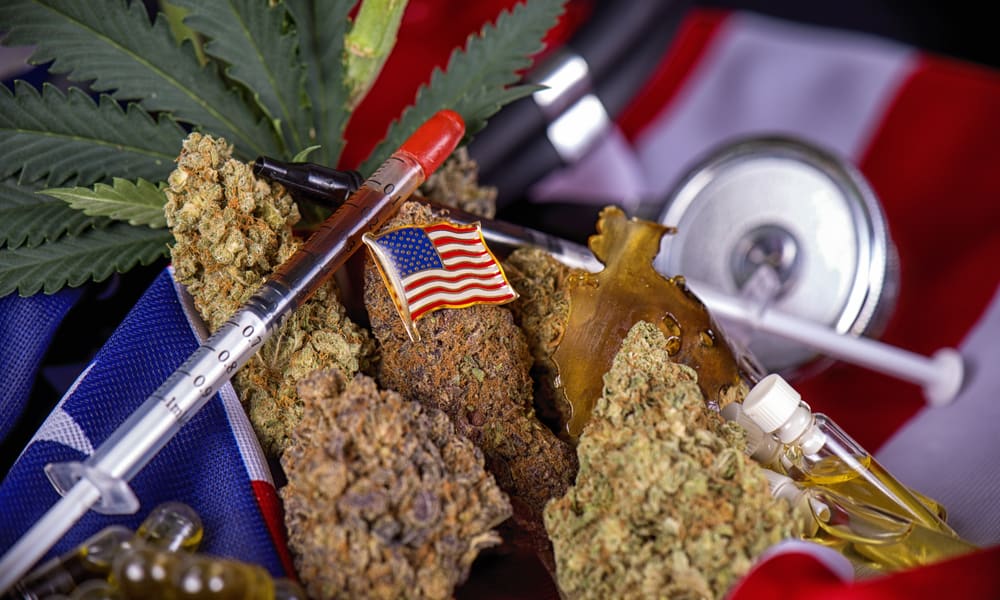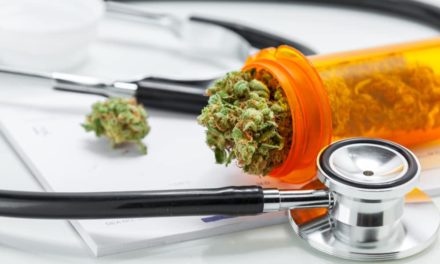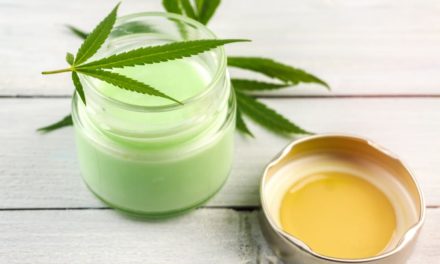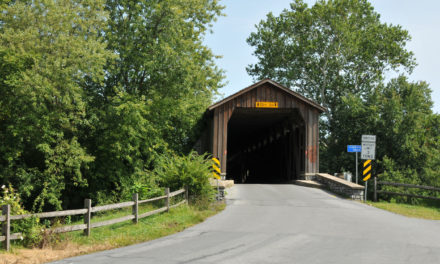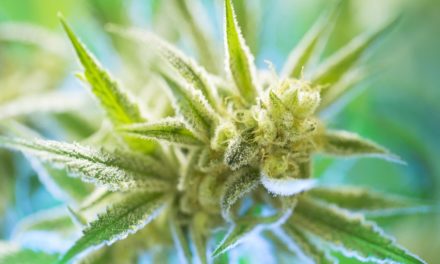After a decade of working on the first FDA-approved trial examining the effects of THC and CBD on the symptoms of PTSD in war veterans, a team of researchers has declared their clinical trial complete. The process, however, was not simple.
“We are proud to have persevered through these regulatory hurdles independently of hospitals, universities, or the VA system,” commented site principal investigator Dr. Sue Sisley in a press release.
The Multidisciplinary Association for Psychedelic Studies (MAPS) received approval from the U.S. Public Health Service to start the study back in 2014. Research began in January 2017 at Phoenix, Arizona’s Scottsdale Research Institute, and was slated to also take place at Johns Hopkins University, until the school dropped out of the experiment in March 2017.
The trial tested marijuana with varying cannabinoid makeups, experimenting with high-THC, high-CBD and equal THC-CBD (1:1) ratio cannabis. Subjects were able to use up to two grams per day during periods of self-dosing, which rotated with phases in which they were required to consume randomly assigned quantities of cannabis.
Brad Burge, a MAPS spokesperson, tells High Times about some of the challenges they had to overcome, which involved serious struggles recruiting vets needed for a robust study cohort.
“Because none of Arizona’s public university hospitals nor the VA were willing to assist with recruiting veterans for the study, enrollment was slower than expected,” says Burge. “So much that last fall, it looked as if we were going to have to end the study prematurely.”
Fortunately, a number of Arizona veteran groups stepped in to find the rest of the 76 subjects needed to make a scientifically viable study.
In terms of medical cannabis, when asked if the panorama of veterans’ rights had changed much in the decade since the study commenced, Burge only cited the VA’s policy clarification that vets on medical cannabis would not be denied health benefits as a positive development.
“Unfortunately the scene hasn’t changed much,” Burge says. “The VA continues to prohibit its health care providers from recommending medical cannabis or helping veterans obtain it, despite numerous state laws acknowledging its efficacy.”
The study’s completion comes at a time when the issue surrounding veterans and cannabis is becoming urgent. Previous research suggests that cannabis may be effective in treating trauma-related conditions, making it no surprise when a 2017 study found that one-in-five vets are already using the plant to treat a mental or physical condition. The same research also found that 82 percent of veterans are in favor of legalizing medical cannabis, with some of its most ardent supporters falling into the 60-plus age range.
But in many states, veterans find it difficult or impossible to access medical cannabis, which is not included in health care plans associated with federal vet hospitals. Though the VA’s policy clearly states that veterans may not be denied benefits due to marijuana use, VA doctors are not allowed to recommend medical cannabis, nor is its staff able to complete paperwork for veterans seeking acceptance in state medical marijuana programs.
MAPS has previously conducted research on the effects of MDMA on PTSD, finding in its results that the drug created “more joy” in patients with the condition.
In Illinois, PTSD is estimated to be present in 11 to 20 percent of all U.S.-Iraq War veterans. The condition was added to the list of medical marijuana qualifying conditions in 2016 and has become the most common factor cited by patients in the state’s medical marijuana program. In 2018 a total of 4,000 Illinois residents sought cannabis treatment for PTSD-related issues.
Source of article: https://hightimes.com/news/first-clinical-trial-cannabis-ptsd-veterans-now-complete/

